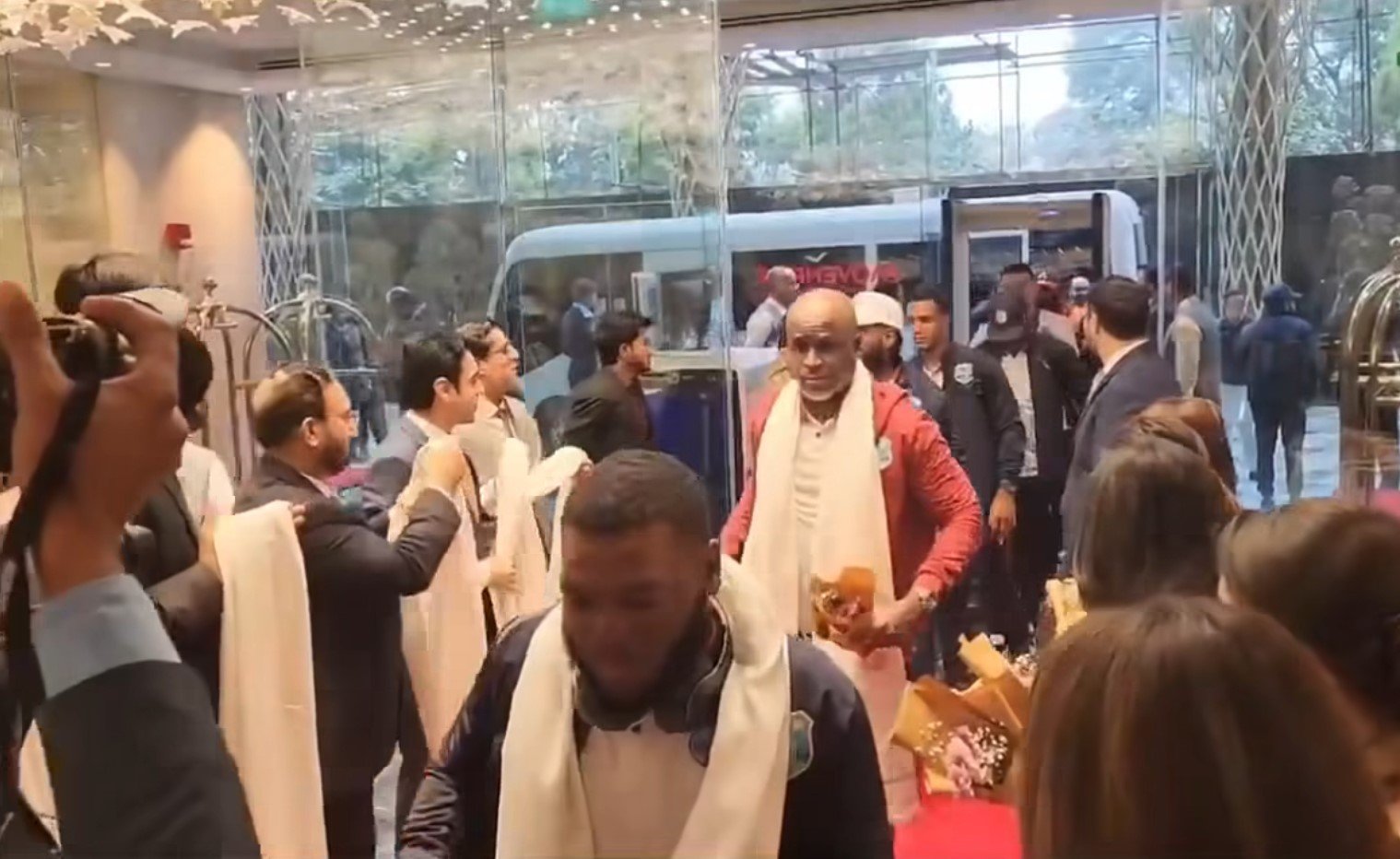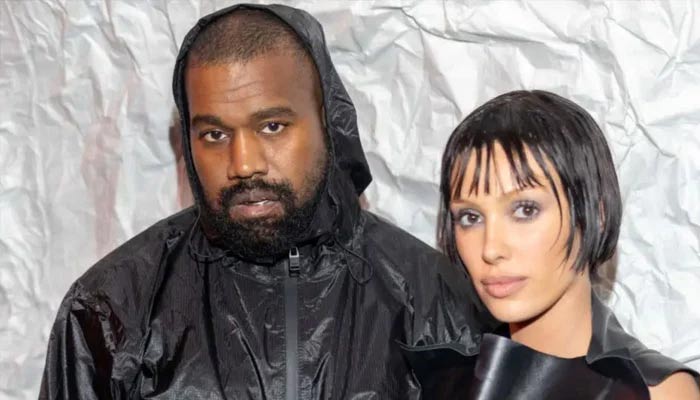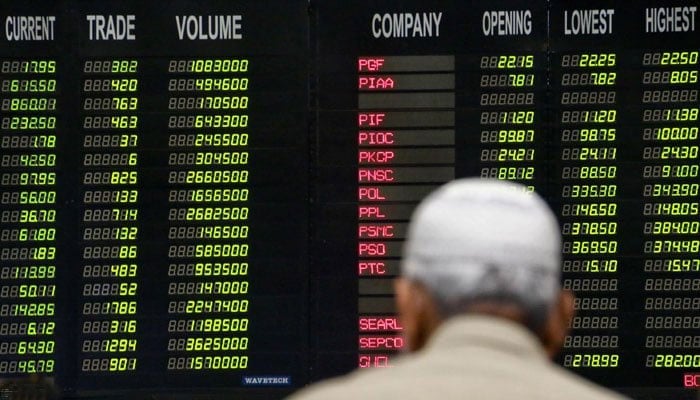Business
At the crossroads
字号+ Author:Smart News Source:Health 2025-01-13 19:42:20 I want to comment(0)
THE girl never existed. The rape never happened. But thousands marched. Even the HRCP couldn’t find ‘forensic evidence and credible testimonies’ to back the allegations, but the damage had already been done. Welcome to Pakistan’s new reality, where truth is whatever trends on social media, and our youth wage wars with hashtags and ‘shares’ instead of guns. Those protests over a fabricated campus assault weren’t just about a fake story — they were a mirror reflecting our broken relationship with the truth itself. I’ve spent several years studying and teaching human behaviour, but nothing had prepared me for what I witnessed at the Lahore protest. “We know this case might be fake,” a young undergrad told me, “but how many real cases go unreported? That’s why we were there to protest.” It’s this raw anger, this deep-seated distrust, that our lawmakers seem to miss completely. While the Punjab Assembly busies itself drafting yet another law against ‘fake news’, they’re missing the forest for the trees. Speaker Malik Ahmad Khan’s recent announcement of impending legislation felt like putting a band-aid on a bullet wound. We are losing our children to cyberspace. Truth is, we’re losing our kids to cyberspace. Not in the way anxious gossip aunts complain at family dinners, but in a far more insidious way. Every morning, millions of young Pakistanis wake up and dive straight into a cesspool of manipulation. TikTok and YouTube conspiracies about political rivals get more views than election policies. WhatsApp forwards about foreign conspiracies spread faster than Covid did. “These kids think they’re immune to propaganda,” says Dr Zaman, a sociologist specialising in youth behavior at Quaid-i-Azam University. “They laugh at their parents falling for fake WhatsApp forwards, then share unverified tweets because it feels right to them.” He shows me a viral post about Pakistan’s economy that’s completely fabricated but has been shared 50,000 times. “They trust random anonymous accounts more than conventional credible sources of information now.” Meanwhile, the government’s response oscillates between panic and paralysis. The recently announced ‘crackdown on rumour-mongers’ was just another headline in a long list of reactive measures that tackle symptoms while the disease spreads. You can’t fight digital wildfires with paperwork and press releases. A junior officer at the FIA’s cybercrime wing (speaking off the record) puts it bluntly: “We’re fighting a fifth-generation war with first-generation thinking. By the time we trace one fake news source, 50 new ones have popped up.” The term ‘fifth-generation warfare’ gets thrown around a lot in Pakistan these days, usually by people in uniform or politicians looking for scapegoats. But what’s happening on social media isn’t warfare; it’s worse. It’s the systematic dismantling of our youth’s ability to separate fact from fiction. Visit any university campus today. The ethnic, religious, and ideological divisions aren’t just visible — they’re carved in digital stone. Students live in algorithmic bubbles so thick, two people can witness the same event and walk away with completely opposite versions of reality. The fake rape case proved this perfectly: even after police debunked it, hashtags and shares demanding justice kept trending. The truth had become irrelevant to the narrative. “It’s like we’re living in parallel universes,” said a student activist. “My newsfeed on Facebook shows me one Pakistan, my classmate’s shows him another. We’re not even arguing about the same facts anymore.” And therein lies our real crisis. It’s not just about fake news — it’s about the death of shared reality. When a society can’t even agree on basic facts, progress becomes impossible. Justice becomes a pipe dream. The solution does not lie in another law or crackdown — not even in better fact-checking (though we need that). The solution lies in rebuilding trust — between generations, between institutions and citizens, between the state and its youth. But trust is earned, not legislated. While the worthy Speaker of the Punjab Assembly announces new laws and federal agencies plan crackdowns, they’re missing the whole point. Our youth aren’t sharing fake news because they’re foolish or malicious; they’re sharing it because they’ve lost faith in official narratives. The protests should be a wake-up call. Young Pakistanis aren’t just fighting imaginary battles online; they’re screaming to be heard, to be trusted, to be taken seriously. Until we understand this, and address the deep rot in our information ecosystem, we’ll keep fighting shadows while the real war for our youth’s minds is lost in the digital darkness. The truth may be damaged, but it’s not dead yet. The question is: are we brave enough to face it?
1.This site adheres to industry standards, and any reposted articles will clearly indicate the author and source;
 Related Articles
Related Articles-
Erdogan says Israel’s Herzog was denied Turkish airspace en route to Azerbaijan
2025-01-13 19:12
-
بلوچستان میں آج پولیو کے خلاف مہم کا آغاز
2025-01-13 19:09
-
امریکی سپریم کورٹ نے گرافک اینٹی سموکنگ تصاویر کے خلاف اپیل مسترد کر دی
2025-01-13 18:14
-
امریکہ میں ناشتے کے لیے برڈ فلو کا خطرہ بڑھ رہا ہے۔
2025-01-13 16:57
 User Reviews
User Reviews Recommended Reads
Recommended Reads Hot Information
Hot Information- Protesters storm parliament in Georgian region
- ہم سردیوں میں زیادہ کیوں سوتے ہیں؟
- سندھ میں ایک اور کیس سامنے آنے سے پاکستان میں پولیو کے مریضوں کی تعداد 64 ہو گئی ہے۔
- ہم سردیوں میں زیادہ کیوں سوتے ہیں؟
- Australian authors give every MP five books on Israel, Palestine and Lebanon
- سپریم کورٹ کے آئینی بینچ نے شہریوں کے فوجی عدالتوں میں مقدمات کی سماعت کی درخواست منظور کر لی ہے۔
- برطانوی قانون سازوں نے مدد سے مرنے کے بل کو ابتدائی حمایت دی ہے۔
- امریکہ میں پرندوں کے انفلوئنزا کے پہلے سنگین کیس میں سی ڈی سی نے وائرس میں تبدیلیوں کی نشاندہی کی ہے۔
- Balochistan girl qualifies for Copernicus event
 Abont US
Abont US
Follow our WhatasApp account to stay updated with the latest exciting content













